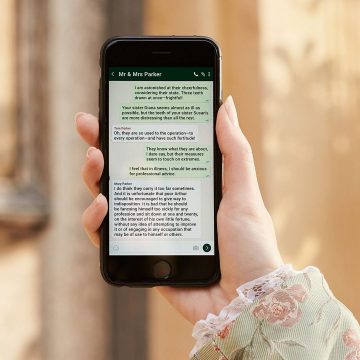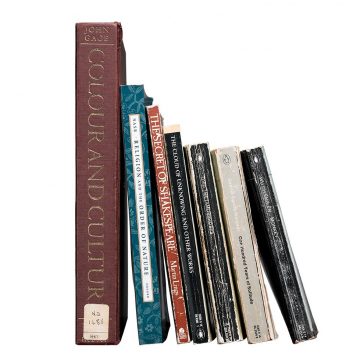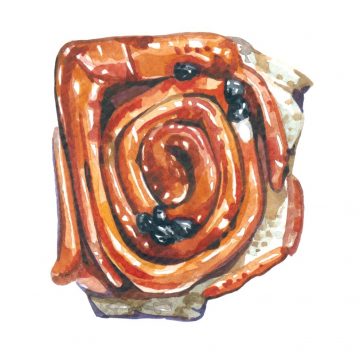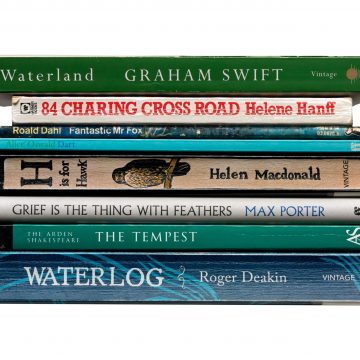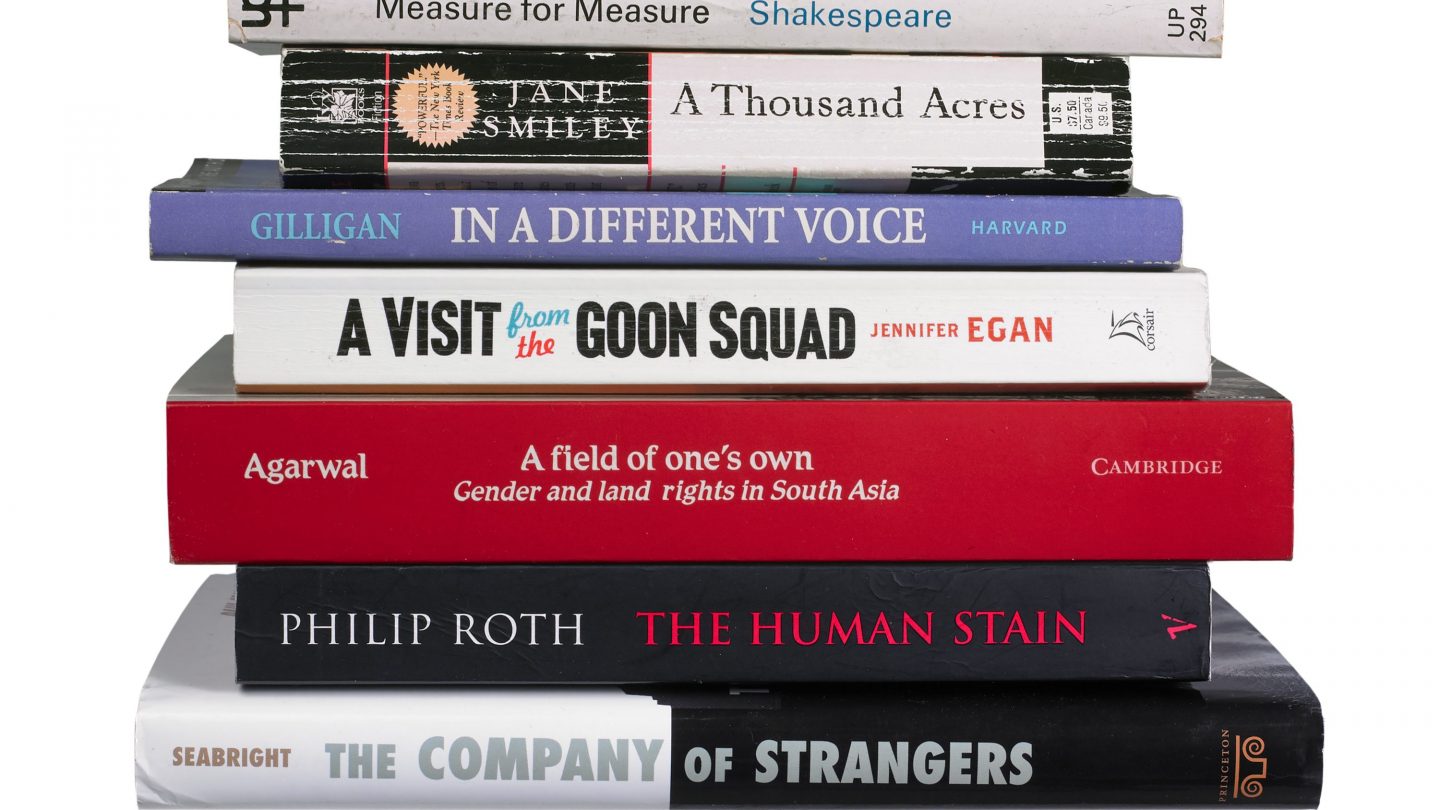
‘Books remind us that unexpected things can make a huge difference’
Dr Terri Apter, Psychologist and Fellow Emerita of Newnham, reveals the reads which have had the greatest influence on her life.
-
1. A Thousand Acres
Jane Smiley
I’d always had trouble with King Lear, especially at university when everyone else seemed to find the final scene so powerful and touching, whereas I was really irritated by it. When I read Smiley’s novel, which is a retelling of the story, I understood why. In her version, the younger daughter is able to love her father because her sisters protected her from his abuse, and when they shut the door and cast him out into a storm, they’re facing a terrible dilemma too.
You can either be “good” and be totally humiliated or reject the father and be labelled as bad. It’s now much easier for me to see Lear as a great play because I don’t feel dragged into the belief that he’s a tragic, lovable hero. -
2. In A Different Voice
Carol Gilligan
I first read this when I was at home with two young children. Until then, I’d been sufficiently protected from the idea that gender could be a constraint. Suddenly, I realised how different it was to be a mother than a father – and how the choices I was making were gendered in a way I never thought would be the case. It was also relevant professionally.
When I started my research on mothers and teenage daughters, I was amazed that there was virtually no information on female adolescence. Gilligan’s book was a gift. It not only said that psychology as we know it is the study of boys and men, but gave a sharp, sensitive, even poetic look at how much more you can learn about human development when you bring in girls and women. -
3. A Field Of One's Own
Bina Agarwal
Another superb example of high impact research. Agarwal (New Hall, Murray Edwards 1970) looked at the difference owning land makes to women in India. You might expect it would affect their self-esteem, but she also found that instances of domestic abuse decreased enormously. She then became very interested in legal issues and developed a tool to rewrite inheritance laws to make it easier for women to inherit family land. The book is a reminder of how unexpected things can make a huge difference and, of course, the title reflects A Room of One’s Own, in which Virginia Woolf looked at a very different society and thought about what a woman needs in order to have a good life.
-
4. The Human Stain
Philip Roth
Roth always asked deep questions. This isn’t a comfortable read, but it’s just so damned intelligent. It looks at human fallibility and how an individual’s awareness of his or her fallibility can depress an entire life. It’s also about the dangerous pleasures of outrage, what Roth called “the ecstasy of sanctimony”. Of course, we have to be aware of hate speech and embedded bias, they are problematic. But using your need to feel virtuous to tear others apart is also problematic.
Dr Apter’s latest book, Passing Judgment: Praise and Blame in Everyday Life, is published by WW Norton and Company.

